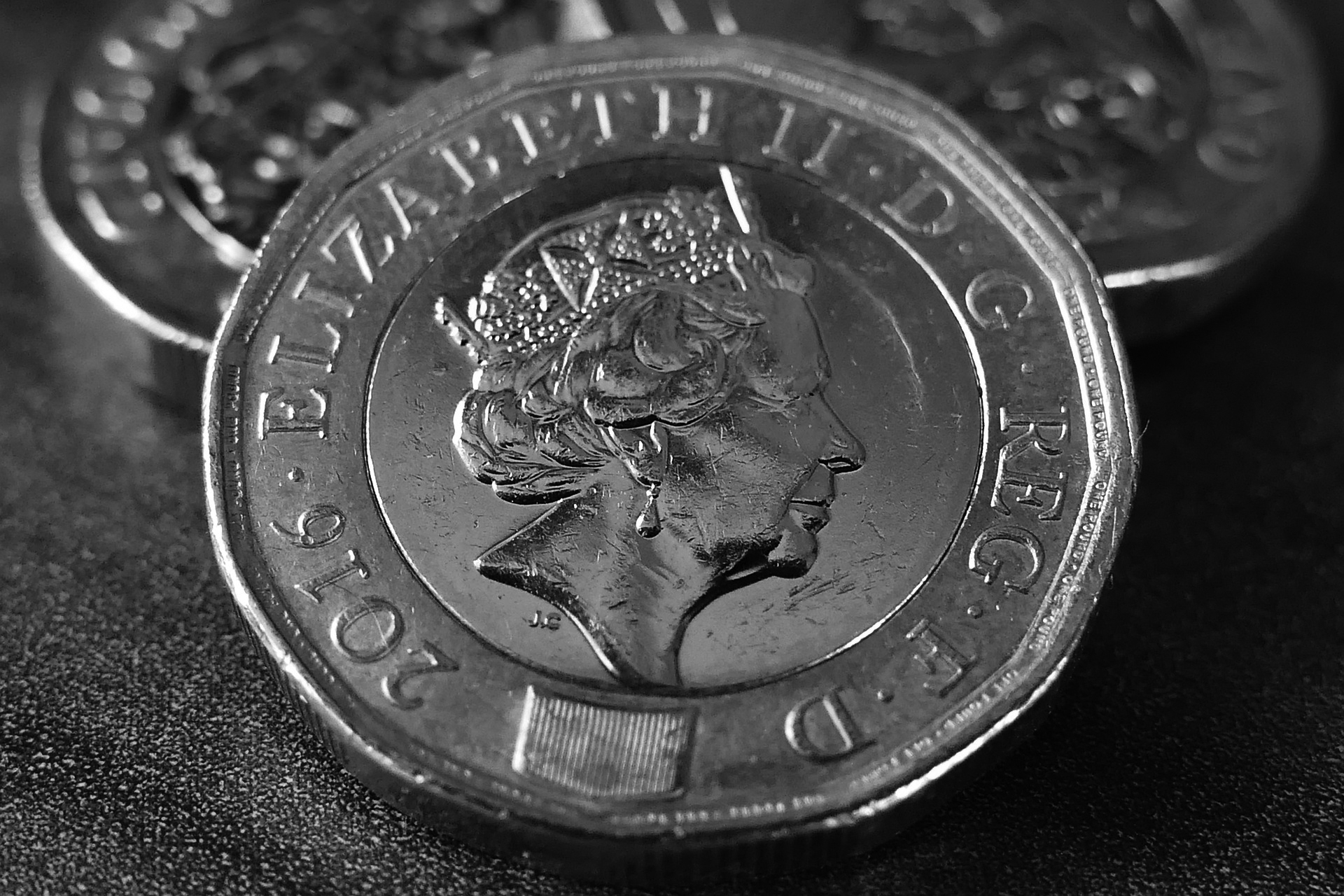Once upon a time there was… Well, an Old World which two-thirds of the UK population – those not into their mid-50s – will fail to comprehend and could not possibly want to live in. A time when if you wanted to do practically anything you had to go ‘on chance’ and before setting off, be mindful of hardly helpful restrictive opening hours. In advance of an excursion, one had to book by telephone, often a communal one. Make reservations with a sturdy fixed-line phone with a mechanical dialling mechanism – which had no sentient memory – and no certainty the call would be answered. If you were not at your place of work you were almost wholly unproductive, with nothing remotely like access to devices and connectivity to work on the move or from home. It was an Old World where inventory management was little advanced from a century before. Extremes of under and over stocking proving costly and so too the shrinkage invited by poor stock controls. The Old World was, in short, a time and place where fixed and human capital was not used to its profitable optimum, and neither the monetary capital employed: firms were commercially frustrated by their failure to fully match their optimal capacity with custom.
The two economic worlds I consider diametrically opposite are those before we had new generation communications and the internet of things – the Old World – and the New one we have come to enjoy. The end of once all too often ‘dead time’ for fixed assets and human capital meant the dawn of far better utilisation of financial capital. It resulted in a structural reduction in cyclically adjusted average inflation and, in turn, a structural and irreversible ratchet lower in interest rates along the entire yield curve.
“In this New World, unproductive worker downtime is markedly reduced”
The New World shocking the Old away allowed airlines and hotels to better promote last minutes deals, whilst also facilitating restaurants to better sweat their kitchens to dispatch food, at all hours, to those dining at home, work or indeed wherever they happened to be. A New World where components can be tracked in real time to create ‘just-in-time’ supply lines, and so significantly lessen the frequency and lengths of breaks in production. A world where inventory management is such that an order can be made and the product dispatched, in seemingly no time. In this New World, unproductive worker downtime is markedly reduced, with ‘working from home’ practical, and when there is a commute to commune with fellow workers, travel time is itself productive. In this tech enhanced world, portals transmit information between those keen to recruit and those eager to fill roles; that also connects landlords with those keen to be their tenants. Portals too that provide accurate credit scores so that lenders and borrowers can work together such that their financial self-interests are aligned to allow a tailormade interest rate. This is replacing the uncomfortable one-size-fits-all that existed in the Old World: a single size interest rate proving larger than the average of all those ‘tailormade’.
This New World is not merely a sudden break from the Old, but one which – since it shockingly came about – has been in continuous and all too often dramatic evolution, for our economic good. We have after all seen disruptors being disrupted in turn. We have also witnessed one ‘G’ being followed by an incremental other, with no end to this evolution in sight. ‘G-forces’ have brought with them permanent and ongoing change. An ever-changing world where the more efficient use of financial capital means disinflation is the default and elevated inflation is an anti-gravitational aberration. Interest rates have followed structural inflation lower and so too the ‘non-accelerating inflation rate of unemployment’; the more efficient use of labour lowering the NAIRU.
I am pointing to this transformation in response to the myriad of ‘studies’ which draw upon inflation, interest rates and other such data from the Old World to so wrongly inform where the New World is ‘certain’ to revert. The simple truth, for the same UK, is not that economic matters are different in so many ways, as they are the same in almost none. Just as the mechanical advances during what we now laud as the industrial revolution of the 1800s sent the productivity of fixed and human capital skywards, so too the no less revolutionising technological advances of the 2000s. Since more could be returned on the same commitment of workers, fixed assets, materials and money, the respective prices of these could not have been anything other than contained – if not, that is, actually lowered.
Here in is the point. Without denying the consequences of coronavirus, the Russian invasion of Ukraine and indeed our efforts to help the environment, these – individually or combined – will not return the UK to the Old stubbornly high inflation and interest rate world which we had to endure as recently as the closing years of the 90s. Yes, we have seen inflation surge. This accepted, a quick moderation awaits. I anticipate that once the dust has settled and a proper measurement is made of it, the UK’s average rate of CPI will be closer to 4% than 2%. We need to accept this and ask the MPC to manage monetary policy within a revised range of 2%-4%.Yes, the base rate is heading higher. It will, however, not breach 5%. Thereafter, the base rate will be managed lower, such that it settles between 3% and 4%. The rising base rate means: increased income on personal savings; an uplift in the Net Interest Income of the UK’s banks – and so too their tax payments – and means pension funds can de-lever from their LDI exposures. As we learnt to our cost, we failed to see a weaning-off from zero yields, but instead a shockingly sudden cold turkey. This accepted, the UK economy – its real and financial sides – will from here perform more naturally free of this addiction as it reverts back to the New World it was enjoying before the accursed virus struck.
The reality is that, as it is impossible to reverse the technological advances we have enjoyed, the Old monetary World can be consigned to history – with good riddance.








